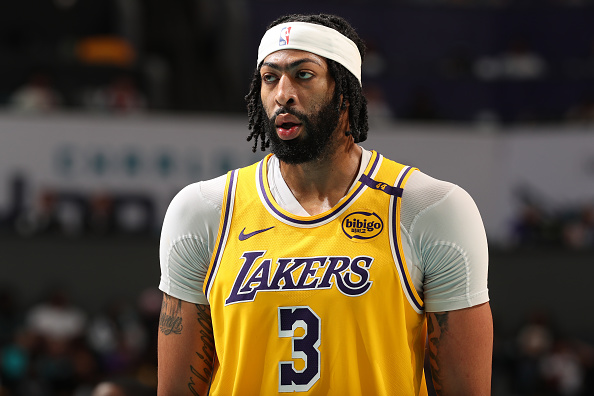
Overtime in the Stanley Cup Playoffs has to be one of the most exciting parts of hockey.
Each year, eight teams from each conference face off in the postseason in the chase for the Stanley Cup. With that respected trophy up for grabs, there comes immense pressure. Hockey is an exciting game in itself, but when tiebreakers occur, the thrill is that much more electrifying.
Fans and players experienced that roller-coaster during a marathon Game 1 between the Florida Panthers and Carolina Hurricanes in the 2023 Eastern Conference Final. The teams ended regulation tied at 2-2 and did not hear the final horn until Matthew Tkachuk scored the game-winning goal in the final seconds of the fourth overtime.
Here is everything you need to know about NHL overtime rules in the postseason:
Get top local stories in Southern California delivered to you every morning. Sign up for NBC LA's News Headlines newsletter.
What are the overtime rules for the Stanley Cup Playoffs?
In the postseason, the rules are different. Overtime is played at five-on-five and the periods are 20 minutes long like a normal period. It remains sudden death, so the first team to score wins the game.
There is no shootout, so if the first overtime period ends without a goal, then the game will move to a second overtime with the same format. This continues until a goal is scored.
Sports
Get today's sports news out of Los Angeles. Here's the latest on the Dodgers, Lakers, Angels, Kings, Galaxy, LAFC, USC, UCLA and more LA teams.
What are the overtime rules in the regular season of the NHL?
If a regular season tilt remains tied after three periods, it goes to overtime. Overtime is a five-minute period where the first team to score wins the game.
The overtime period is played three-on-three, with each team having three skaters on the ice. For years, there were four skaters on each side, but the NHL adopted the three-on-three format at the start of the 2015-16 season.
If a penalty occurs, the team that goes on the power play gains a skater. Therefore, it will be four-on-three during the duration of the penalty. If the team on the penalty kill commits another penalty, then it goes to five-on-three.
When the penalty expires, that player can go on the ice and the teams will play even strength at four-on-four until the next whistle. Then, the game resumes to three-on-three.
What happens if no team scores in overtime?
If a regular season game is still tied after overtime, then it goes to a shootout.
Each team alternates a player coming down alone on a goalie and attempting to score. Three rounds will be played to determine a winner.
If the shootout score is tied after the three rounds, it moves to sud



